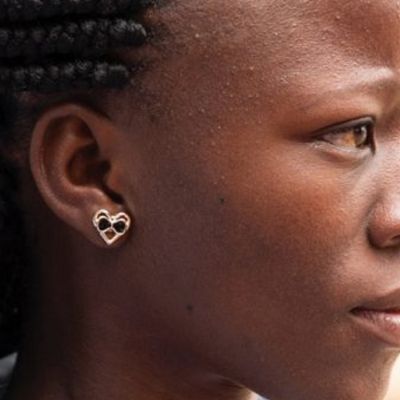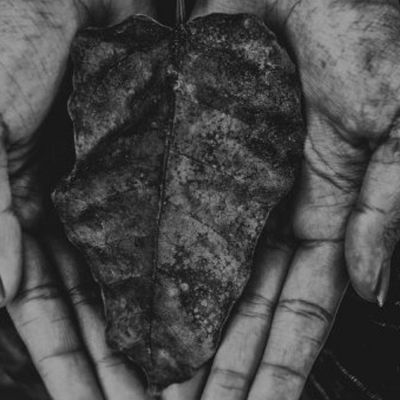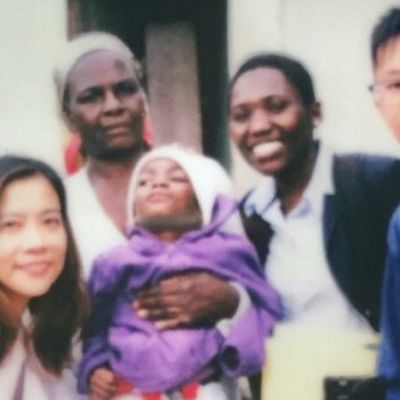Written by: Wance Kwan (Assistant Professor [Practical Studies], China Graduate School of Theology)
“If you show special attention to the man wearing fine clothes and say, ‘Here’s a good seat for you,’ but say to the poor man, ‘You stand there’ or ‘Sit on the floor by my feet,’ have you not discriminated among yourselves and become judges with evil thoughts?” (James 2:3-4)
If you are one of the few in your church who are involved in poverty alleviation work, you may be angry with the snobs in the scripture above. You might probably think that you would never be like them. However, have you ever thought that always putting the poor at the receiving end can also be considered as a form of discrimination? Such attitude of judging people by their outward appearances is being challenged in James 2:1 as favoritism.
The ultimate reason for poverty alleviation is the realisation that, poor or rich, you and the other person have the same Creator. Besides provision of material assistance to people in need, “restoration of their dignity” should also include acknowledging “the wealth of the poor” and accepting their help and service in return with humility.
“Listen, my dear brothers and sisters: Has not God chosen those who are poor in the eyes of the world to be rich in faith and to inherit the kingdom He promised those who love Him?” (James 2:5)
I lived in a poverty-stricken war zone for several years and I have personally experienced the unreserved hospitality the deprived locals showed to their guests. I also benefited from their care and protection on a regular basis. These encounters have helped me realise my own cultural blind-spot and constraints, having been raised in a city that values efficiency and planning highly. Transformation is brought through the experience of an alternative mode of living to becoming more embracing towards the “disorders and disasters” of life.
Last year, during Super Typhoon Mangkhut, the 7th Micah Global Triennial Consultation was held in the Philippines. The theme of the consultation was “Integral Mission and Resilient Communities”. One of the brothers from the organising committee reminded us in his opening speech that although the Filipinos are very poor compared to some super rich Asians, they are a group of super happy individuals. They experience over 20 typhoons and countless flooding events a year. Inevitably, there are many needs to fulfill and obstacles to overcome, but the host of the consultation believes that God has given them a valuable gift – an exceptional power of resilience. No matter how bad the situation is, they can always find reasons to be happy and grateful, and the capacity to be hospitable to others. They are always willing to share with others what little they have.
My Filipino friends reminded us that people who live in adversity often demonstrate an extraordinary power in their lives. They hope that apart from providing assistance, poverty alleviators can also appreciate the richness in the poor people’s lives and be inspired and blessed by them.
Is our loving service of poverty alleviation a one way ministry of giving? Are our minds open to accepting their service and inspiration in return? If not, we might have fallen into the trap of judging people by their outward appearances (how much resources they have) and separating them into givers and receivers. Such an attitude is also a form of discrimination.
Content of this issue
Written by: Tony Chan (Senior Partnership Development Officer) “Although I’m HIV-positive, you can take photos and videos of me. I’m not scared of being seen,” said Branda, a 17-year-old girl grown up in a Zimbabwean village in Africa.Branda lived in in Bulawayo Province of Zimbabwe. Many young people left their homes to South Africa or Botswana for a better life. However, in view of financial restraints, Branda stayed with her mother and grandmother in the village. Branda in red long dress stood in front of my camera and performed her poems enthusiastically. Her smiles and actions showed her extraordinary self-confidence. “I am proud of myself” “I’m proud of myself.” Concluded in her poem. Today, she embraced her identities…
Written by: Wance Kwan (Assistant Professor [Practical Studies], China Graduate School of Theology) “If you show special attention to the man wearing fine clothes and say, ‘Here’s a good seat for you,’ but say to the poor man, ‘You stand there’ or ‘Sit on the floor by my feet,’ have you not discriminated among yourselves and become judges with evil thoughts?” (James 2:3-4) If you are one of the few in your church who are involved in poverty alleviation work, you may be angry with the snobs in the scripture above. You might probably think that you would never be like them. However, have you ever thought that always putting the poor at the receiving end can also…
Banner image: Angela (second from the left), Kimberly (centre) and her grandmother Written by: Jady Sit (Communications Officer) “Snap!” A colourful image emerged slowly from the blur in an instant photo. A grandmother from an impoverished village in Zimbabwe saw herself and her granddaughter, Kimberly, in the picture and broke into a smile, which was rarely seen on her face. Suffering from AIDS, Kimberly was physically disabled. She was unable to speak or sit up, and had been abandoned by her mother when she was 3 years old. Since then, she had been cared for by her grandmother, who sold vegetables in front of their hut. Owing to her disability, Kimberly was sick very often. Since she did…





